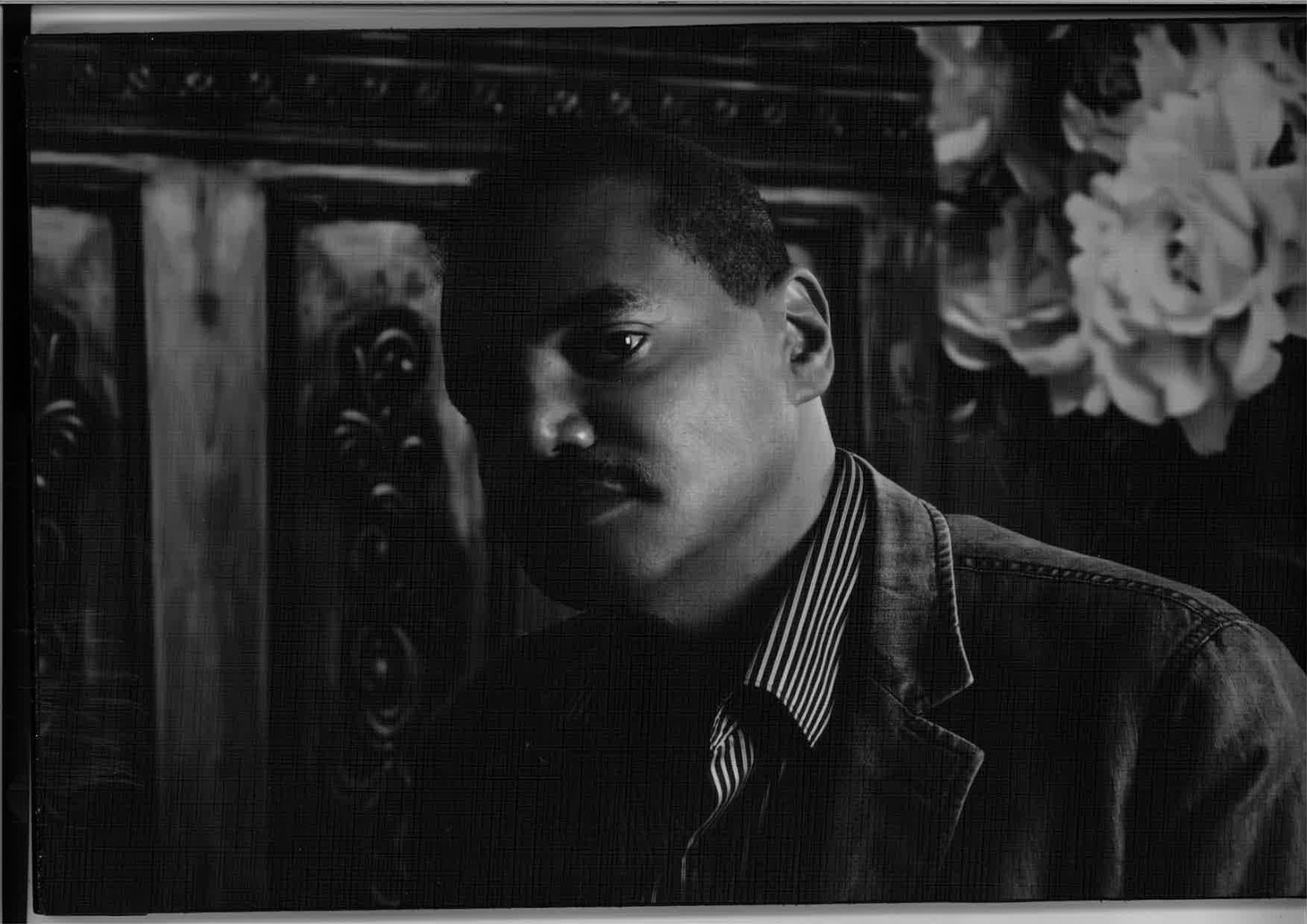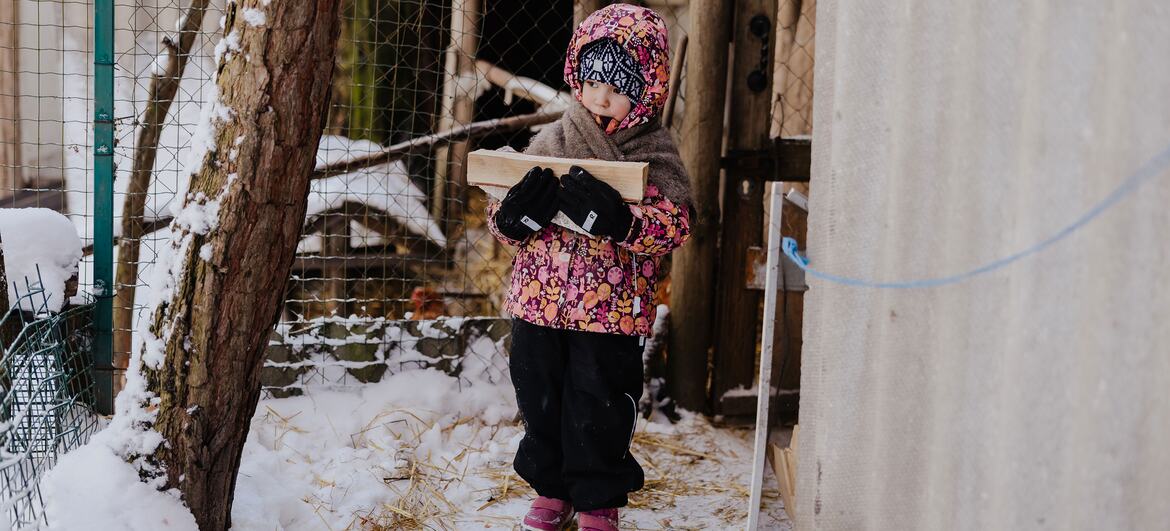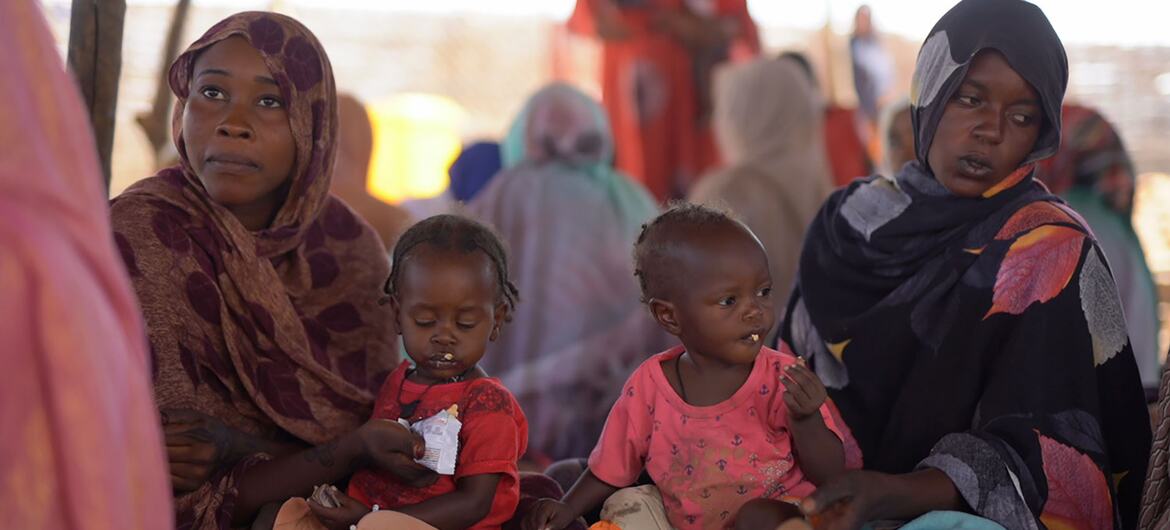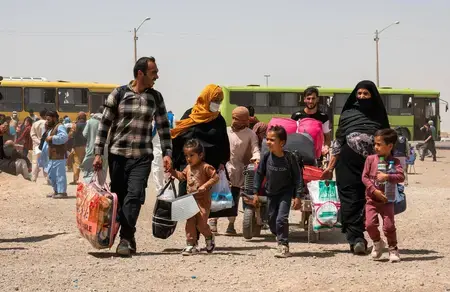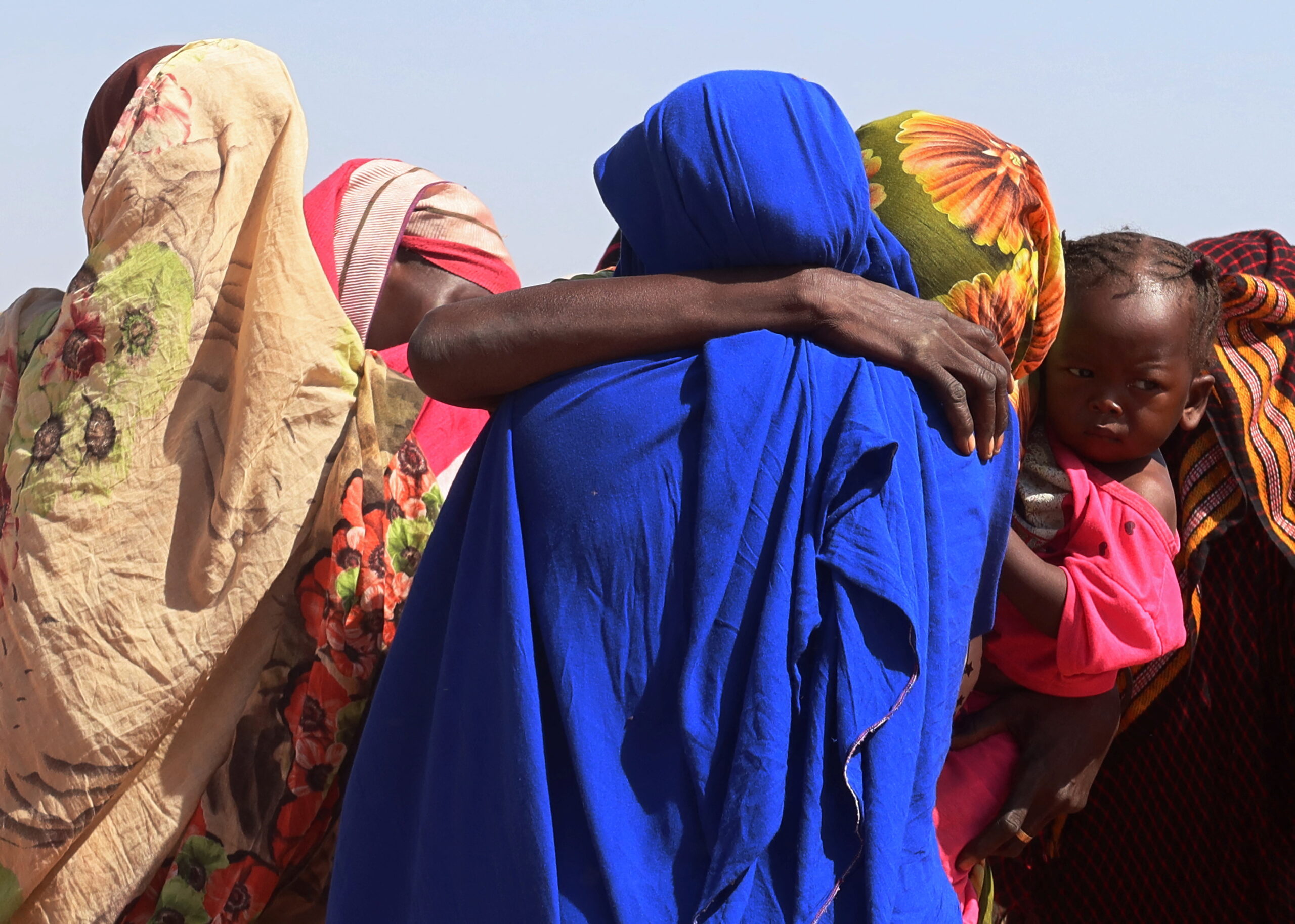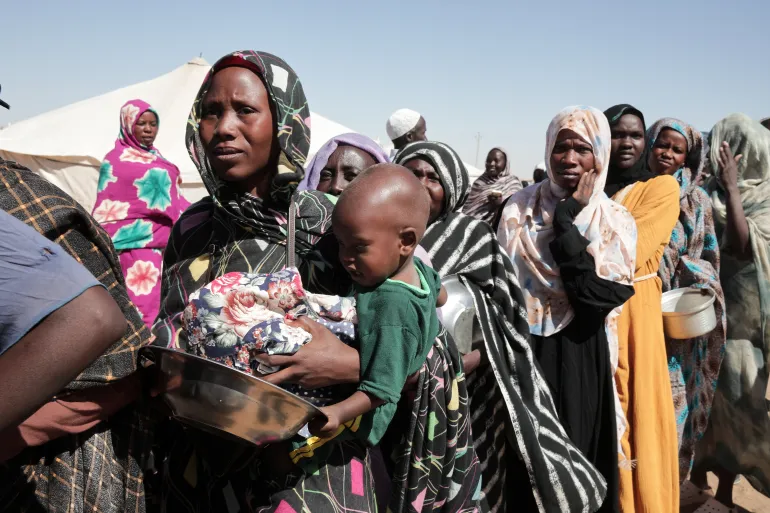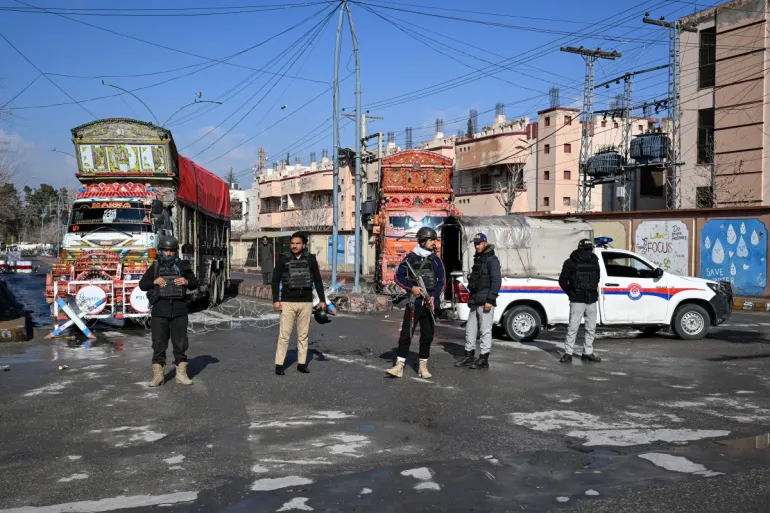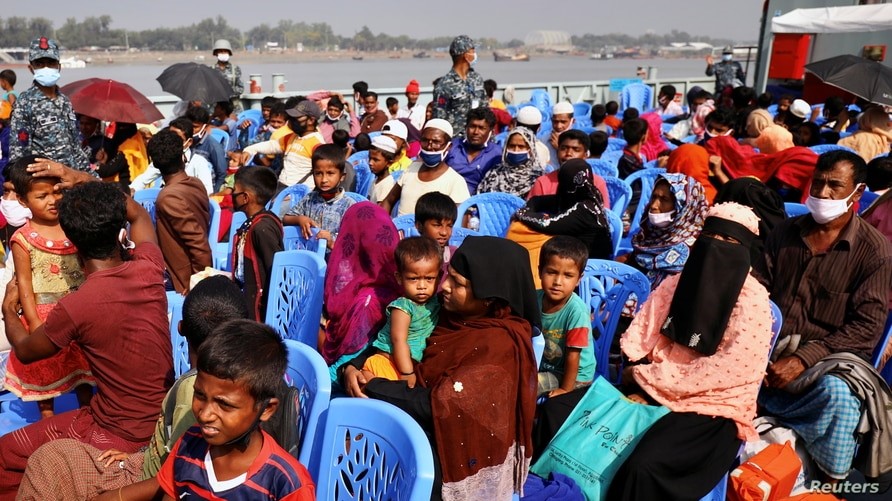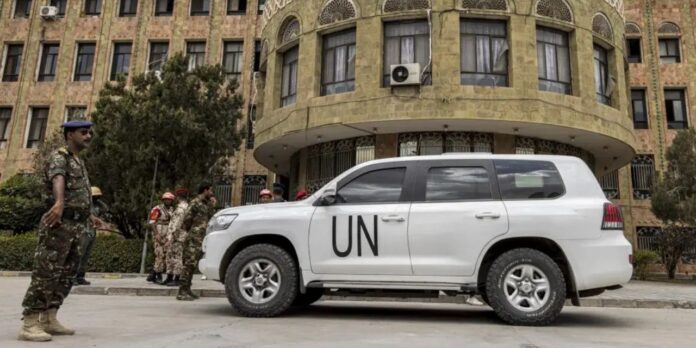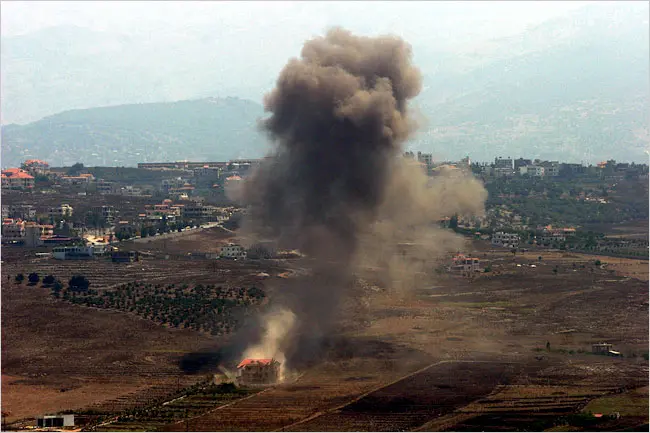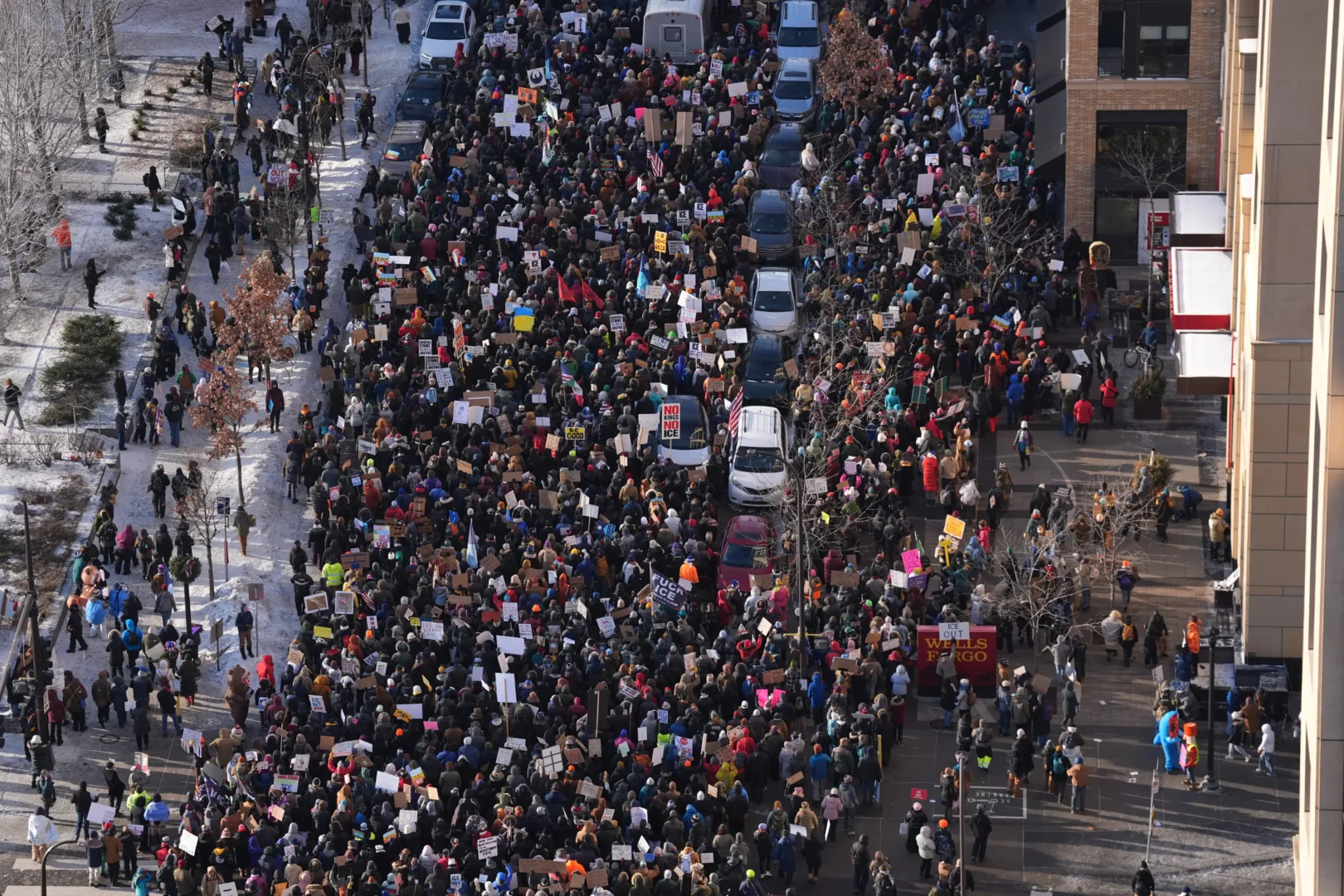U.S. Envoy Tom Perriello Heads to Sudan’s Port Sudan as Humanitarian Crisis Deepens

Archive/Aljazeera.
The conflict in Sudan has escalated into a devastating crisis, marked by intense fighting between armed factions, widespread displacement, and a growing humanitarian emergency. At the heart of international efforts to address this crisis is Tom Perriello, the U.S. Special Envoy for Sudan, who is set to visit Port Sudan on Sunday. His mission is part of broader U.S.-led diplomatic initiatives aimed at facilitating peace talks and addressing the urgent needs of Sudanese civilians caught in the conflict.
Appointed in 2021, Tom Perriello has been a key figure in the U.S. government’s strategy to stabilize Sudan following the military coup that ousted former president Omar al-Bashir. Perriello has been actively engaging with all sides of the conflict — from the Sudanese military to the Rapid Support Forces (RSF), a powerful paramilitary group — in an attempt to mediate peace and support a transition toward a democratic government. His upcoming visit to Port Sudan holds strategic significance, as the city is one of the few areas in the country not deeply affected by the ongoing violence, and it serves as a critical gateway for international aid.
Perriello’s role involves facilitating peace negotiations, working with Sudanese leaders, and pushing for commitments to a ceasefire, which would allow for meaningful talks. The U.S. government has also been coordinating with other international partners like the United Nations and the African Union to encourage a broad and inclusive political process, aiming to end the conflict and pave the way for long-term stability.
In parallel to diplomatic efforts, the World Food Programme (WFP) has been working to address the widespread hunger caused by the conflict. With millions of people in Sudan facing severe food insecurity, the WFP has been delivering essential supplies to communities in desperate need of assistance. North Darfur, which has long struggled with instability, has been one of the hardest-hit regions, and the WFP has made it a priority to ensure that food and nutrition support reaches those affected by the violence.
However, the WFP’s efforts are severely hampered by the lack of safe access to conflict zones. Convoys carrying food and medical supplies have been delayed or blocked due to ongoing fighting, and humanitarian workers are increasingly at risk. The WFP has repeatedly called on all parties in the conflict to allow unrestricted and safe passage for aid convoys, as humanitarian relief cannot reach vulnerable communities without security guarantees from the warring factions.
Despite these challenges, the WFP continues to provide nutritional assistance to vulnerable populations, including children, pregnant women, and displaced families. The organization is also working to address malnutrition, which has worsened due to the conflict’s impact on food availability.
The conflict in Sudan erupted in April 2023, when tensions between the Sudanese military and the RSF over power-sharing arrangements led to full-scale fighting. The power struggle quickly escalated into a brutal war, which has displaced millions of Sudanese citizens and left thousands dead or injured. The violence has also caused widespread destruction of infrastructure, complicating the delivery of both humanitarian aid and basic services.
International efforts to broker peace have been ongoing, with the U.S. playing a key role in facilitating dialogue between Sudanese leaders. However, despite several ceasefire attempts, fighting continues in many parts of the country, particularly in Darfur, South Kordofan, and other regions affected by insurgencies. The situation remains extremely fluid, and while the U.S. State Department and other global players have expressed a strong commitment to supporting peace, progress has been slow.
Challenges Ahead
Several key issues must be addressed in the coming months if Sudan is to move toward peace and stability:
- Humanitarian Access: Ensuring that aid reaches the most vulnerable populations is crucial. Continued violence and insecurity remain significant obstacles to the safe passage of humanitarian convoys, and all factions must grant security guarantees to allow for the effective distribution of food, medicine, and essential supplies.
- Sustaining Peace Talks: The primary challenge lies in finding a political solution that all factions can accept. While the international community is pressuring the warring parties to negotiate, building trust among all sides remains difficult. Ceasefire agreements have been fragile, and the risk of a renewed outbreak of fighting remains high.
- Regional Impact: Sudan’s instability has ripple effects across the region, particularly in neighboring countries like Chad, South Sudan, and Ethiopia, which have seen increased refugee flows. The regional security situation is further complicated by the potential for cross-border militia activity and spillover conflicts, which could destabilize the broader Horn of Africa.
Perriello’s upcoming visit to Port Sudan is a critical moment in the broader effort to bring an end to the violence and support humanitarian relief. The situation remains precarious, and much work lies ahead to ensure both a peaceful resolution to the conflict and the provision of urgent assistance to Sudan’s suffering population.
Despite the many challenges, the international community remains committed to helping Sudan through this turbulent period, with the hope that a lasting peace can be achieved for the people of Sudan.
mohsulieman@gmail.com


